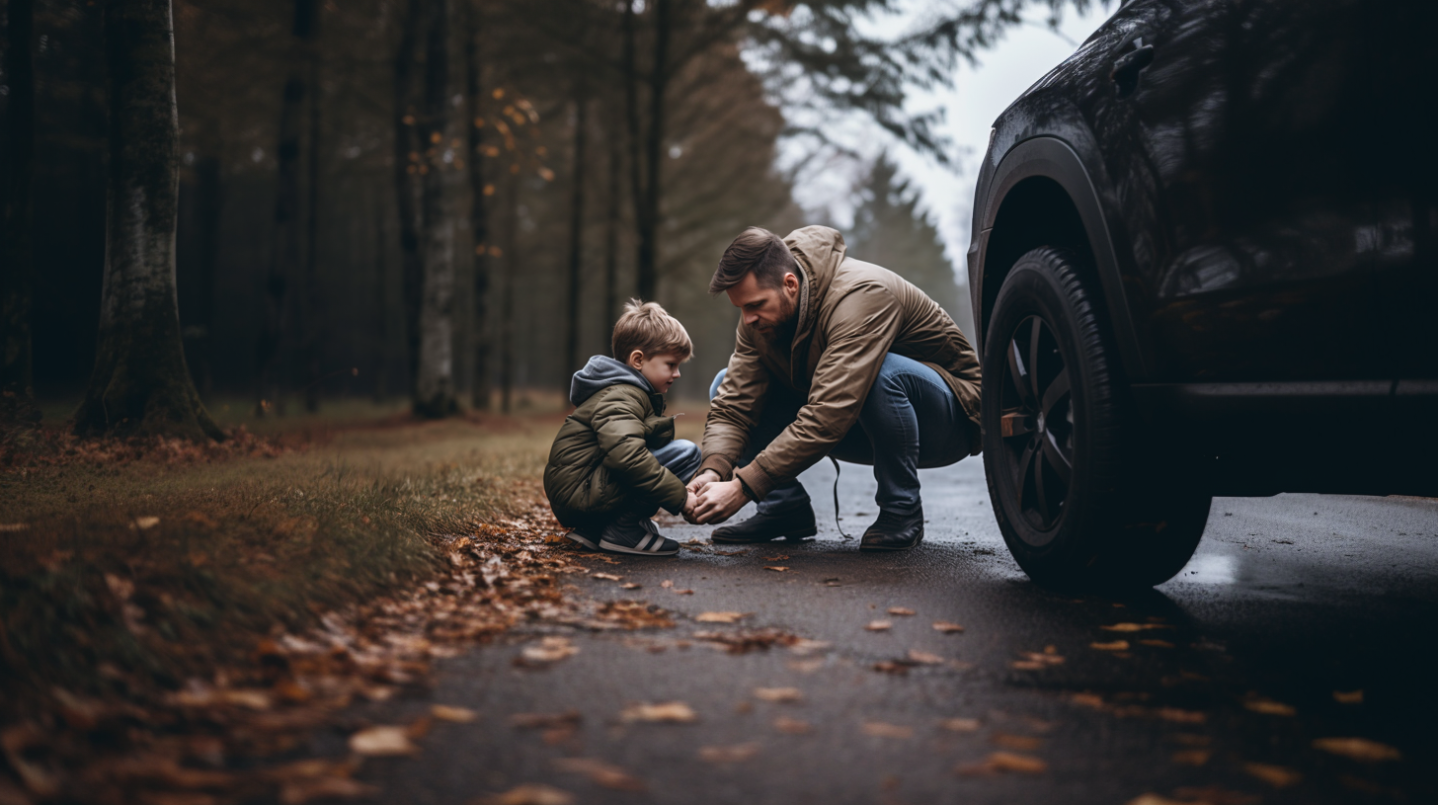Car troubles are an unfortunate reality of owning a vehicle. These issues can be frustrating and stressful, from unexpected breakdowns to mysterious noises and warning lights. However, you can handle common car problems more effectively with the right knowledge and preparedness. In this blog post, we'll explore seven essential tips to help you navigate these situations and get your car back on the road.
Regular Maintenance Prevents Problems
One of the most effective ways to deal with common car problems is to prevent them from happening in the first place. Regular maintenance is key to keeping your vehicle running smoothly. Follow your manufacturer's recommended maintenance schedule, which typically includes oil changes, tire rotations, brake inspections, and more. By proactively addressing issues before they become major problems, you'll save yourself time, money, and stress.
Keep an Emergency Kit Handy
Being prepared for unexpected car troubles can make all the difference when you find yourself in a tough situation. Create an emergency kit for your vehicle that includes items like a flashlight, jumper cables, a first-aid kit, basic tools (such as a wrench and screwdriver), a tire pressure gauge, and a blanket. Having these essentials on hand can help you handle minor issues and stay safe until professional help arrives.
Learn Basic DIY Repairs
While not everyone is a car expert, learning some basic do-it-yourself (DIY) repairs can be incredibly useful. There are plenty of online resources, tutorials, and instructional videos available that can teach you how to perform simple tasks like changing a flat tire, replacing air filters, or changing spark plugs. These skills can save you money and get your car back on the road faster when minor issues arise.
Address Warning Lights Promptly
Modern cars are equipped with a range of sensors and warning lights that can alert you to potential problems. When a warning light illuminates on your dashboard, don't ignore it. Consult your vehicle's owner's manual to understand what the light signifies and take appropriate action. Ignoring warning lights can lead to more severe issues and costly repairs down the line.
Handling a Dead Battery
A dead battery is one of the most common car problems you may encounter. To deal with it:
- Jumpstart the Battery: If you have jumper cables and a second vehicle, you can attempt to jumpstart your car. Follow the correct procedure, which usually involves correctly connecting the positive and negative terminals of both batteries.
- Use a Battery Charger: If you have access to a battery charger, you can recharge the dead battery at home. Follow the manufacturer's instructions carefully.
- Seek Professional Assistance: If jump starting or recharging doesn't work, it's time to call for professional help or roadside assistance.
Dealing with a Flat Tire
A flat tire can be a frustrating and inconvenient problem, but it's one that's relatively easy to handle with the right tools and knowledge. Here's what you should do:
- Safety First: Pull over to a safe location, turn on your hazard lights, and engage your parking brake.
- Gather Tools: Retrieve your spare tire, jack, and lug wrench from your trunk.
- Change the Tire: Follow the step-by-step instructions in your owner's manual for safely changing a flat tire. Remember to loosen the lug nuts before lifting the vehicle with the jack.
- Seek Professional Help: If you're unsure about changing the tire or don't have the necessary tools, it's best to call for roadside assistance or a tow service.
When to Call for Towing Services
In some situations, your car problems may be too severe to address on the spot, and you'll need to call a towing service. Here are some scenarios when towing is the best option:
- Engine Failure: If your engine overheats, seizes, or suffers a catastrophic failure, towing is necessary. Attempting to drive in such situations can cause further damage.
- Transmission Issues: A malfunctioning transmission can make your vehicle undrivable, and towing is the safest choice.
- Accident or Collision: If you're involved in an accident or collision, your vehicle may be too damaged to drive safely. Towing services can transport your car to a repair facility.
- Flatbed Towing: For four-wheel-drive vehicles, exotic cars, or those with low ground clearance, flatbed towing is often the safest method to prevent damage during transport.
Remember that choosing a reputable towing service with the right equipment and experience is crucial to handle your specific situation. Make sure to inquire about pricing and any potential additional fees before confirming the tow.
In conclusion, dealing with common car problems doesn't have to be a daunting task. By staying proactive with maintenance, learning some basic DIY repairs, and being prepared with an emergency kit, you can handle many issues on your own. However, when faced with more severe problems or emergencies, don't hesitate to call for professional help or towing services. With the right approach and resources, you can keep your vehicle running smoothly and confidently navigate the road.

